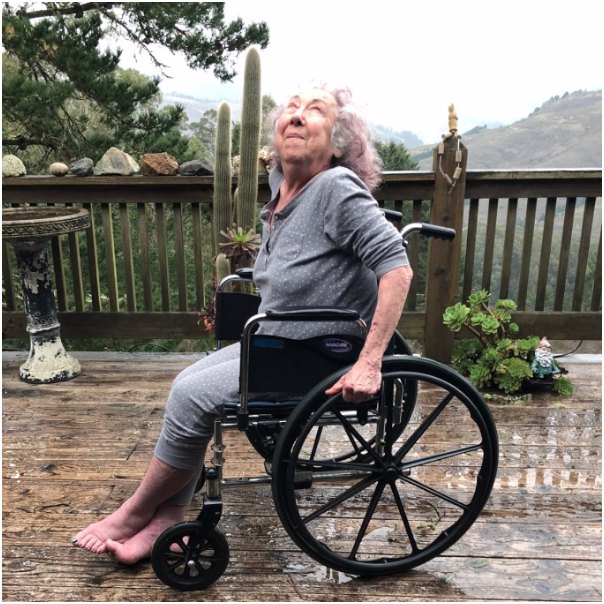Un poema de Rumi que describe de manera muy acertada la sensación vital actual. Disfruten!
Bewilderment
There are many guises for intelligence.
One part of you is gliding in a high windstream,
while your more ordinary notions
take little steps and peck at the ground.
Conventional knowledge is death to our souls,
and it is not really ours. It is laid on.
Yet we keep saying we find “rest” in these “beliefs.”
We must become ignorant of what we have been taught
and be instead bewildered.
Run from what is profitable and comfortable.
Distrust anyone who praises you.
Give your investment money, and the interest
on the capital, to those who are actually destitute.
Forget safety. Live where you fear to live.
Destroy your reputation. Be notorious.
I have tried prudent planning long enough.
From now on, I’ll be mad.
Desconcierto
La inteligencia tiene muchas apariencias
Una parte de ti se desliza en una corriente de viento en las alturas
mientras que tus ideas más ordinarias
dan pequeños pasos y escarban en la tierra.
La sabiduría convencional es la muerte de nuestras almas,
y no es nuestra realmente. Nos la han impuesto.
Y sin embargo, seguimos diciendo que encontramos “paz” en estas “creencias.”
Debemos ignorar lo que se nos ha enseñado.
y estar mas bien desconcertados.
Aléjate de lo que te es provechoso y cómodo.
Desconfia de cualquiera que te elogie.
Dona tus inversiones y los intereses sobre el capital
a aquellos que esten realmente en la indigencia.
Olvida la seguridad. Vive donde temas vivir.
Destruye tu reputación. Sé memorable.
He tratado durante mucho tiempo de planificarlo todo con prudencia.
De ahora en adelante, seré un loco.


